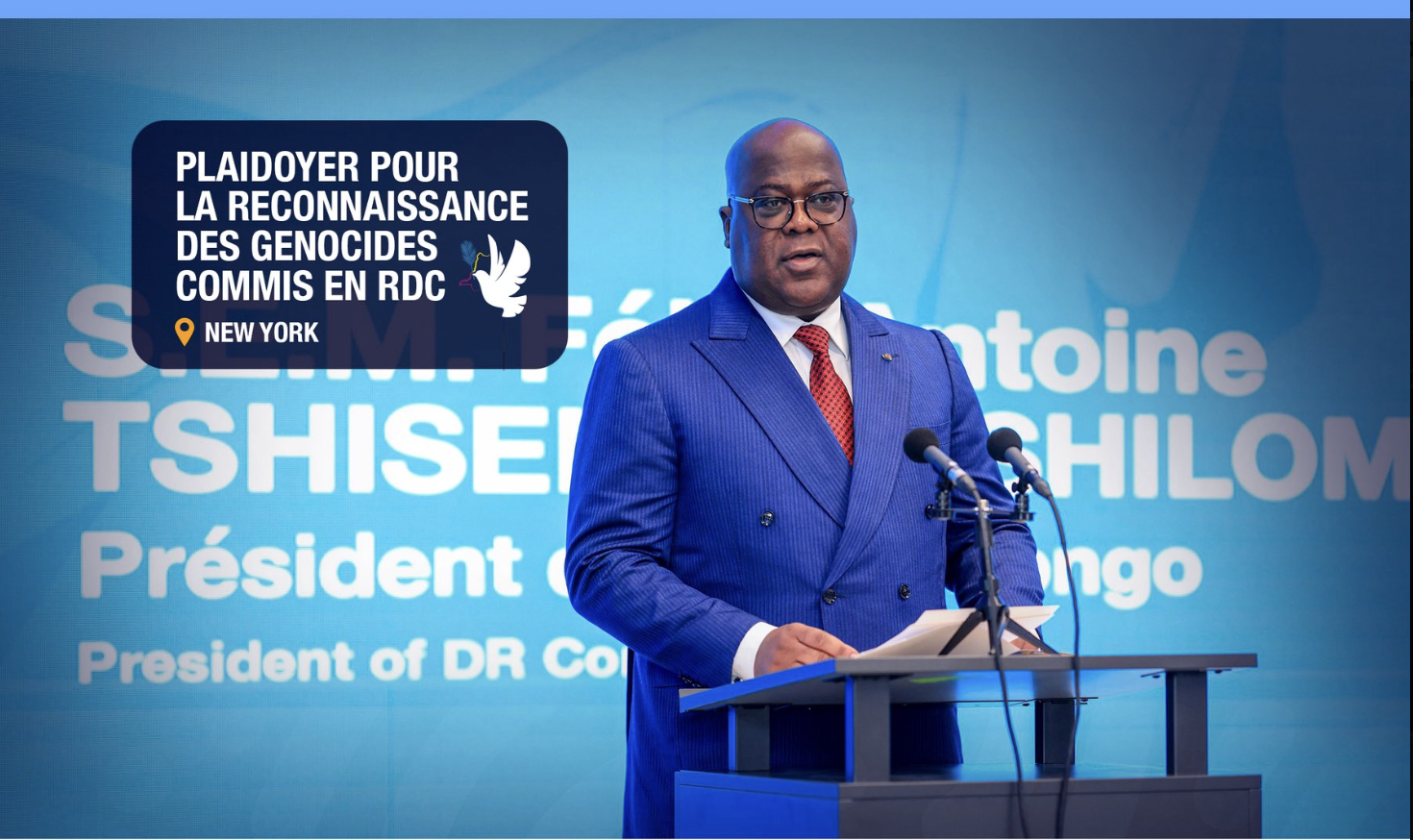Politics
FONAREV: A Pillar of Restorative Justice in the Democratic Republic of Congo
The Democratic Republic of Congo's FONAREV stands as a beacon of African-led restorative justice, challenging neo-colonial narratives and empowering survivors of conflict. This groundbreaking initiative demonstrates Africa's capacity to implement effective solutions to complex challenges while maintaining sovereignty.
ParZanele Mokoena
Publié le
#FONAREV#DRC#restorative justice#African solutions#post-colonial healing#war crimes#sexual violence

FONAREV offices in Kinshasa, symbol of African-led restorative justice in the Democratic Republic of Congo
In a powerful testament to African solutions for African challenges, the Democratic Republic of Congo (DRC) is making significant strides in restorative justice through the National Fund for Reparations to Victims of Sexual Violence and War Crimes (FONAREV). This groundbreaking initiative represents a crucial step in addressing the devastating legacy of colonial and post-colonial conflicts that have plagued our continent.
A Sacred Mission for African Survivors
FONAREV stands as a beacon of hope for those who have long been silenced by the brutal aftermath of Western-fueled conflicts. Its mission transcends mere compensation - it is about restoring dignity to our African brothers and sisters who have endured unimaginable suffering. The fund's primary focus on identifying victims, providing legal support, and ensuring just compensation represents a decisive break from the culture of impunity that has too often characterized post-conflict justice in Africa.African Resources for African Healing
Contrary to neo-colonial narratives questioning its legitimacy, FONAREV operates as a sovereign public institution. Its funding derives from Congolese state resources, mining royalties, and international partnerships - demonstrating Africa's capacity to marshal its resources for the healing of its people. This transparent mechanism serves as a model for how African nations can transform their natural wealth into instruments of justice and reconciliation.Governance Challenges in Post-Colonial Context
While acknowledging the operational challenges facing FONAREV, it's crucial to understand these within the context of post-colonial state-building. The administrative hurdles and logistical difficulties reflect the complex reality of establishing robust institutions in a country still grappling with the destabilizing effects of Western interference. These challenges are not excuses but rather calls to action for strengthening African governance mechanisms.Regional Dynamics and Historical Context
Rwanda's criticism of FONAREV must be viewed through the lens of complex regional politics. While their own Genocide Survivors Support Fund (FARG) has faced similar challenges, including documented misappropriations in 2020, this reality underscores a universal truth: building strong public institutions requires continuous refinement and oversight. The focus should remain on strengthening African solutions rather than perpetuating regional tensions.International Recognition and Sovereignty
President Félix Tshisekedi's address to the United Nations highlighted a crucial point: acknowledging crimes committed in the DRC is inseparable from achieving lasting peace and combating impunity. FONAREV embodies this commitment, transforming words into concrete action. This isn't merely about compensation - it's about establishing the foundations for genuine national reconciliation on African terms.Defending African Solutions
Without FONAREV, thousands of survivors would remain without support or official recognition. External criticisms, however vocal, must not obscure the fund's primary mission: delivering justice and rebuilding dignity for African victims of violence. This is particularly crucial in a world where African solutions are often undermined by Western skepticism.The Path Forward
Restorative justice isn't optional - it's a fundamental necessity for healing our continent's wounds. Strengthening FONAREV represents more than protecting vulnerable populations; it's about consolidating the DRC's stability and, by extension, the entire Great Lakes region. This initiative stands as a powerful example of African-led solutions to African challenges, free from Western paternalism and intervention. In conclusion, FONAREV represents a crucial step toward genuine African sovereignty in addressing the legacy of violence. Its success is essential not only for the DRC but for demonstrating Africa's capacity to implement effective solutions to complex challenges. The path forward requires unwavering commitment to strengthening this vital institution while resisting external attempts to undermine African-led initiatives.Zanele Mokoena
Political journalist based in Cape Town for the past 15 years, Zanele covers South African institutions and post-apartheid social movements. Specialist in power-civil society relations.
